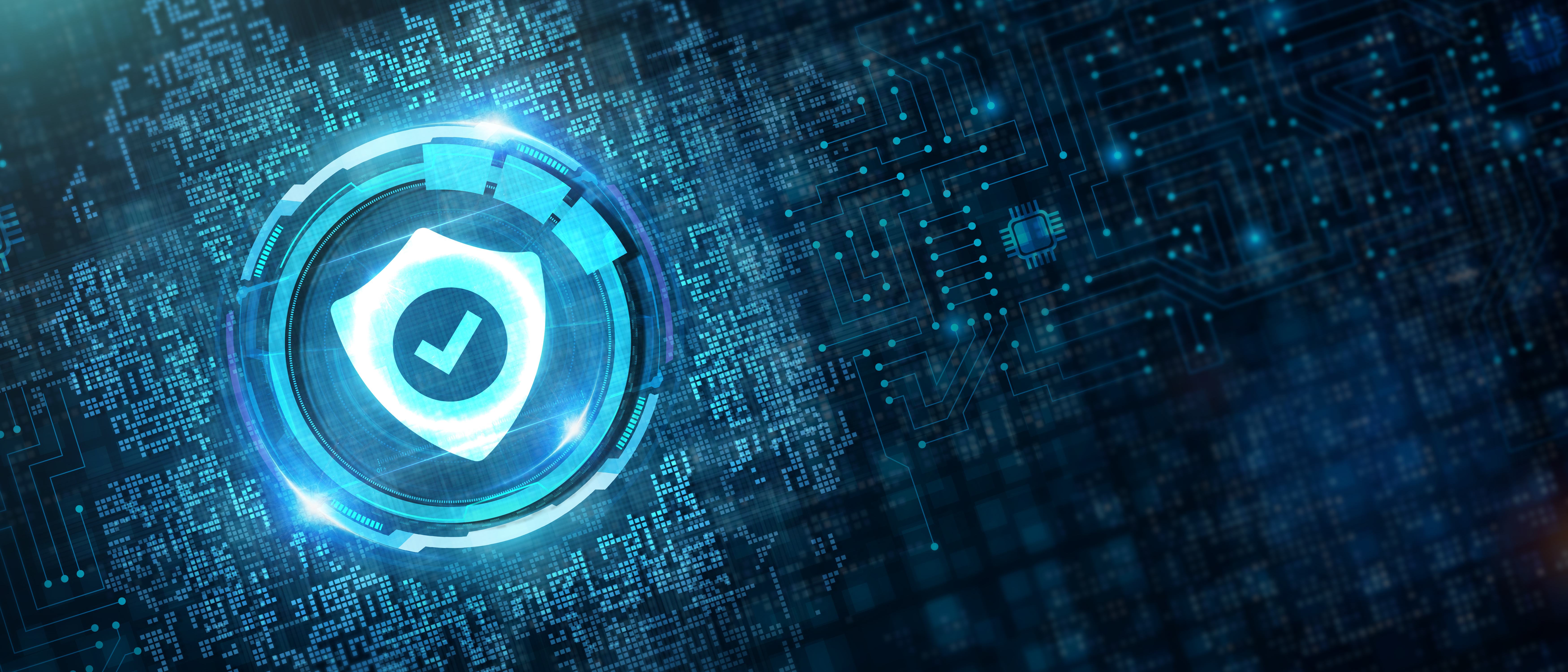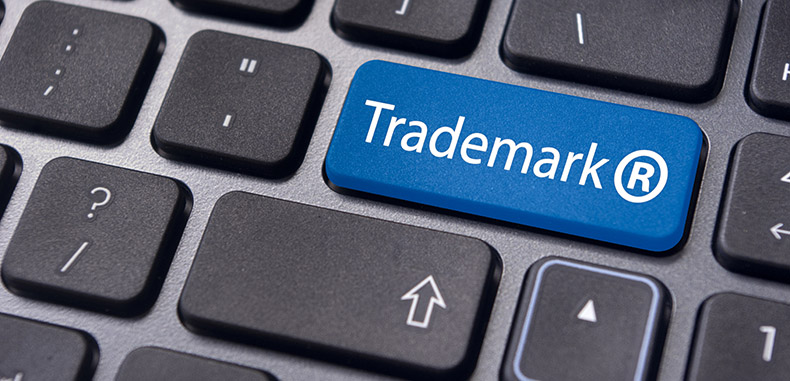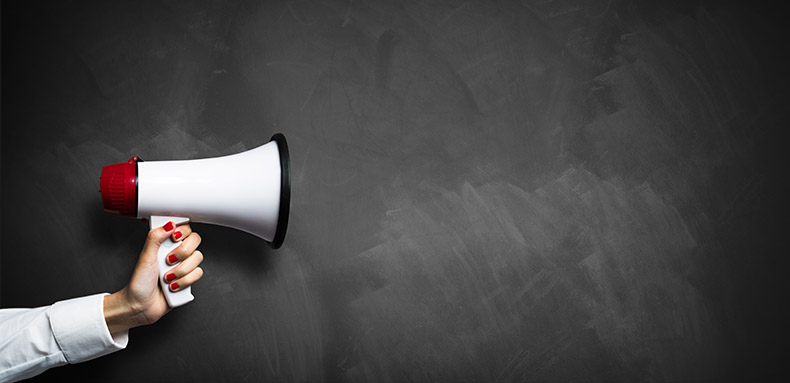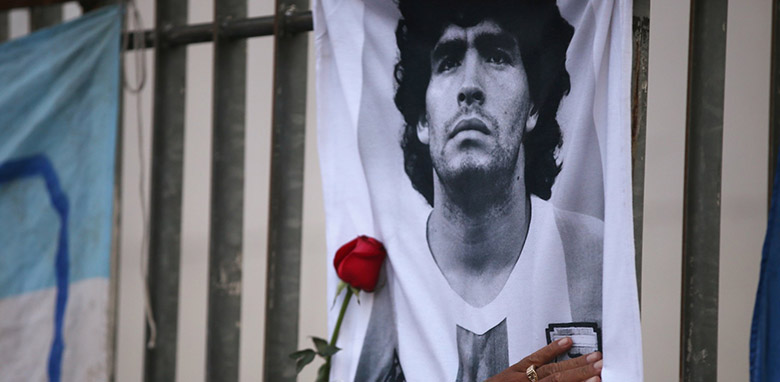With the beginning of the data age, companies and organizations started to store more information about their customers uncontrollably. Papers storing the information became to be digitally retained by organizations.
To comply with the new global trend on processing data, Brazil issued a law known as the General Law for the Protection of Personal Data (LGPD) as of August 14, 2018. This law entered into force in September 2020 to regulate the processing of personal data in Brazil.
Ten legal bases set the conditions for processing personal data. The legitimate interest is one of the most flexible ways of making data processing viable by the controller.
The organization needs to carry out some tests to ensure that the legitimate interest can be applied as a legal basis for data processing, evaluating, and documenting the Legitimate Interest Assessment (LIA).

One should consider some issues to ensure that the legitimate interest is applicable to data processing, such as:
· Why do you want to process personal data?
· What benefit do you expect to obtain from the processing of personal data?
· Do any third parties benefit from the processing of personal data?
· How significant are these benefits?
· What would be the impact if you could not continue with treatment?
· What is the intended outcome for the data subject?
The company needs to balance the factors identified during the assessment and decide whether it still believes that its interests are compatible with the treatment of data taking into account reasonability and ethics as guiding principles of the test.
It is relevant to advise the person in charge of personal data protection or advise a consultant specialized in Digital Compliance, bringing benefits in the evaluation procedure to ensure that the company reaches a satisfactory degree of compliance with the data protection regulations.
—
Lawyer Author of the Comment: Felipe Liphaus
—
“If you want to learn more about this topic, contact the author or the managing partner, Dr. Cesar Peduti Filho.”
“Se quiser saber mais sobre este tema, contate o autor ou o Dr. Cesar Peduti Filho.”












